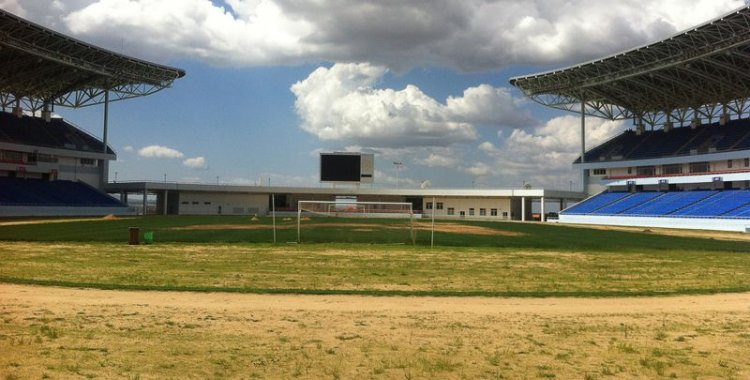The stadium, inaugurated on December 29, 2009, was built to host the 2010 African Nations Championship. With capacity to host 20 thousand spectators, the work cost about 69 million dollars.
It was after being the stage of the championship that the degradation began. The lawn was badly damaged and the infrastructure began to suffer great wear and tear, fearing that the stadium would collapse. The maintenance was almost zero, leaving the stadium deserted and abandoned.
At that time, the sports structure was closed three times to recover several technical aspects, writes Angop, but the stadium continued with closed doors.
It should be noted that in 2015 a generator was stolen from the lawn irrigation system, however, there are no reports of any lawsuit having been opened to investigate the crime. Three years later, the ministry that oversees the stadium made two new generators available.
Nine years later, the stadium saw its rehabilitation take shape: in April 2019, the irrigation system and the lawn began to be recovered.
The contract was the result of an investment by the Ministry of Youth and Sports (MJD) of 40 million kwanzas. According to Angop, this investment served to rehabilitate the stadium's water system.
The first phase of the recovery, which included the removal of weeds, has already been completed and since last July the grass has been recovered.
The person in charge of the work explained that this process should take about seven months to be finished. Therefore, it is expected that the Tundavala Stadium will open doors and receive games already next year.
However, the problems do not stop there. It is still to rehabilitate the property that is also degraded and to regularize the payment of wages. For about six years that the salaries of 20 employees of the cleaning and maintenance area are in delay. However, the employees have abandoned their jobs, aggravating the problems of maintenance of the stadium.







